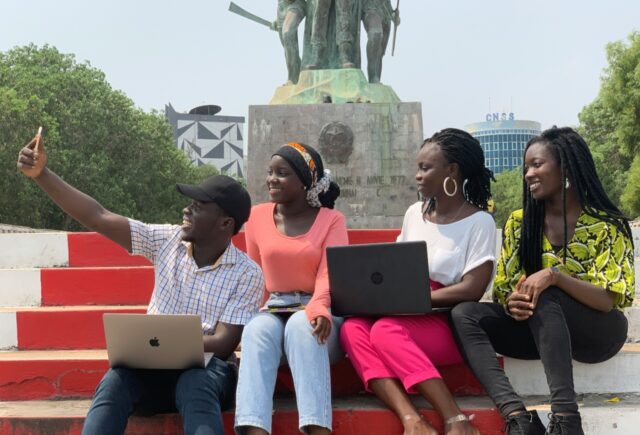The Dutch company, which produces cultivated beef by growing it directly from cow cells, will use the investment to scale its operations and prepare for market entry.

Maastricht-based foodtech company Mosa Meat has announced a fundraising of €40m led by climate finance venture capital investor Lowercarbon Capital and biotechnology and technology venture capital investor M Ventures, the VC arm of German multinational Merck.
New investors include Dutch state-owned impact investors Invest-NL, whose investment is partly backed by InvestEU, Limburg Energy Fund (LEF), the Dutch regional fund supporting greenhouse gas emissions reduction, PHW Group, a German poultry processing business, and XO Ventures, a Dutch health/tech investor.
Mosa Meat, which produces cultivated beef by growing it directly from cow cells, said it would use the new capital to further scale its production processes and prepare for market entry.
Existing investors in the company include Swiss-based Chi Impact Capital. Both companies took part in the Impact Investor Conference in The Hague last November to discuss the collaborative relationship between impact investors and investee companies.
Mosa Meat was launched in 2016 as a spin off from Maastricht University where its co-founder and chief scientific officer Mark Post developed the world’s first cultured beef burger in 2013.
Maarten Bosch, CEO of Mosa Meat said the company was “humbled and honoured to welcome both public parties and conventional meat producers” and would “work towards a future where cultivated beef is a real choice for consumers and a complementary solution in the toolbox to combat the climate crisis, biodiversity loss, and food insecurity”.
“Rethinking how we produce great food for a growing planet without destroying it is quite a daunting task and will take many people and organisations to pull in the same direction,” he added.
Speaking to Impact Investor about their decision to invest in the company, Victor Meijer, senior investment manager at Invest-NL, said: “Mosa Meat is a pioneer in the field of cultivated meat. A replacement for traditional beef would lead to a significant footprint reduction. We have great trust in the team bringing forward this high-tech innovation.”
Academy Award-winning actor Leonardo DiCaprio is an advisor to and investor in the company.
The environmental impact of meat
Mosa Meat has previously highlighted the environmental impact of meat which it says takes up 80% of all agricultural land, and contributes to around a fifth of all human-produced greenhouse gases.
These figures are backed up by research, which Impact Investor was able to find on the global food system, which is responsible for 26% of greenhouse gas emissions, of which 30% is generated by livestock and fish farms, including methane from cattle, manure management and pasture management. A further 16% of this figure is generated by land use for livestock, 6% from planting crops for animal feed, with the supply chain, including packaging, processing and transport, accounting for additional emissions.
Meijer said the environmental impact of increasing meat consumption globally was significant.
“Commonly, we focus on the CO2 emissions, nitrogen pollution, and the detrimental effects on soil and water quality. However, it is often overlooked that [countries like] the Netherlands lack the space required to sustain their livestock populations. Consequently, they import substantial amounts of feed, such as soy, which leads to deforestation in other countries.”
A more recent study, published at the beginning of 2023, found that in scenarios where cultivated meat used more than 30% of renewable energy in its production, it would reduce air pollution by 93%, use 95% less land, 78% less water, and have 92% less impact on the climate when compared with conventional beef.
Meijer said that with the world’s population increasing and meat consumption rising, there was a pressing need for a systemic shift and a global transition to plant-based proteins, adding that alternatives, such as cultivated meat, would also play an important role.
“The cultivated meat sector emerges as a viable solution. It caters to a large consumer base that finds it difficult to give up traditional meat dishes, offering genuine meat products without the adverse effects associated with the current industry.”





